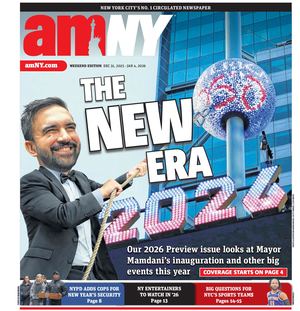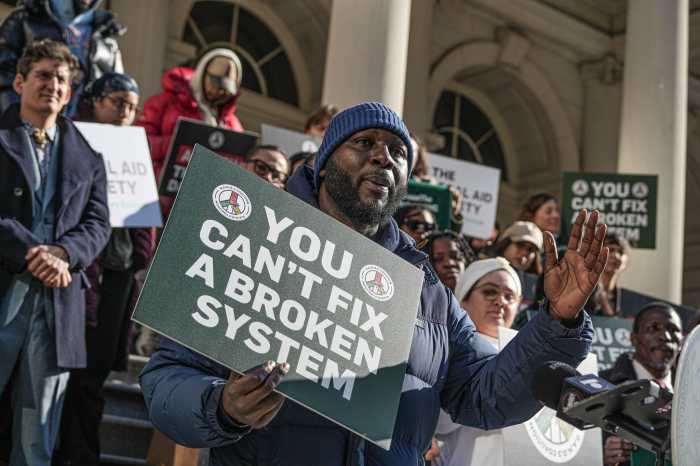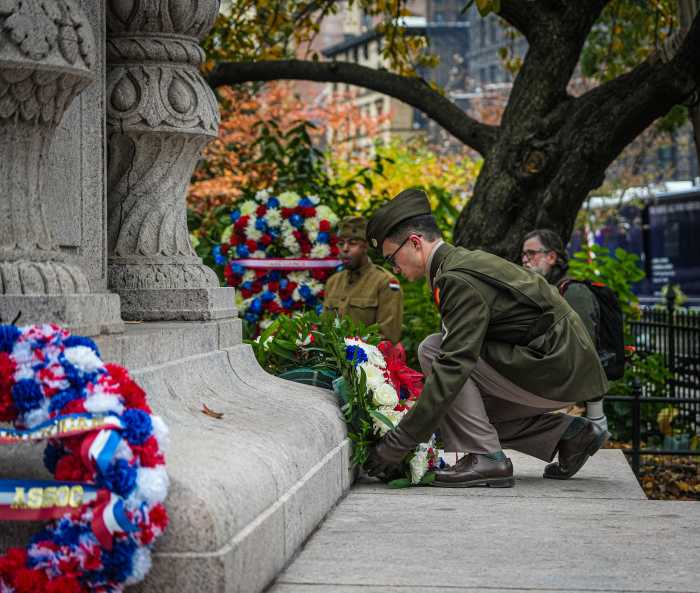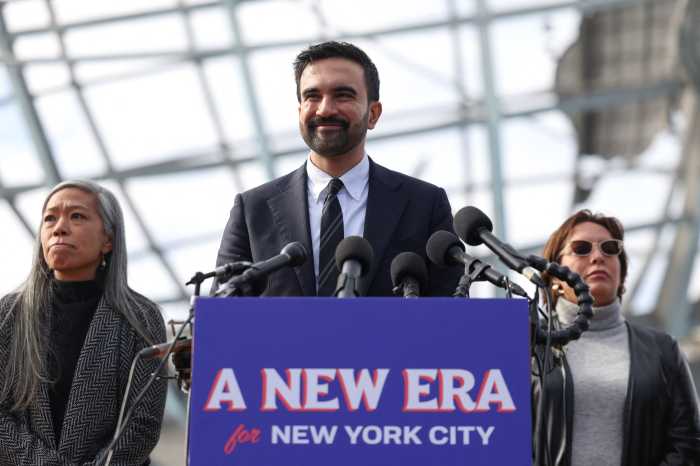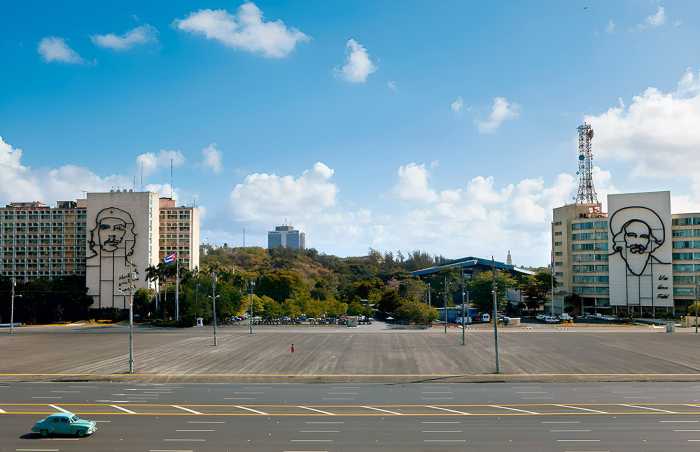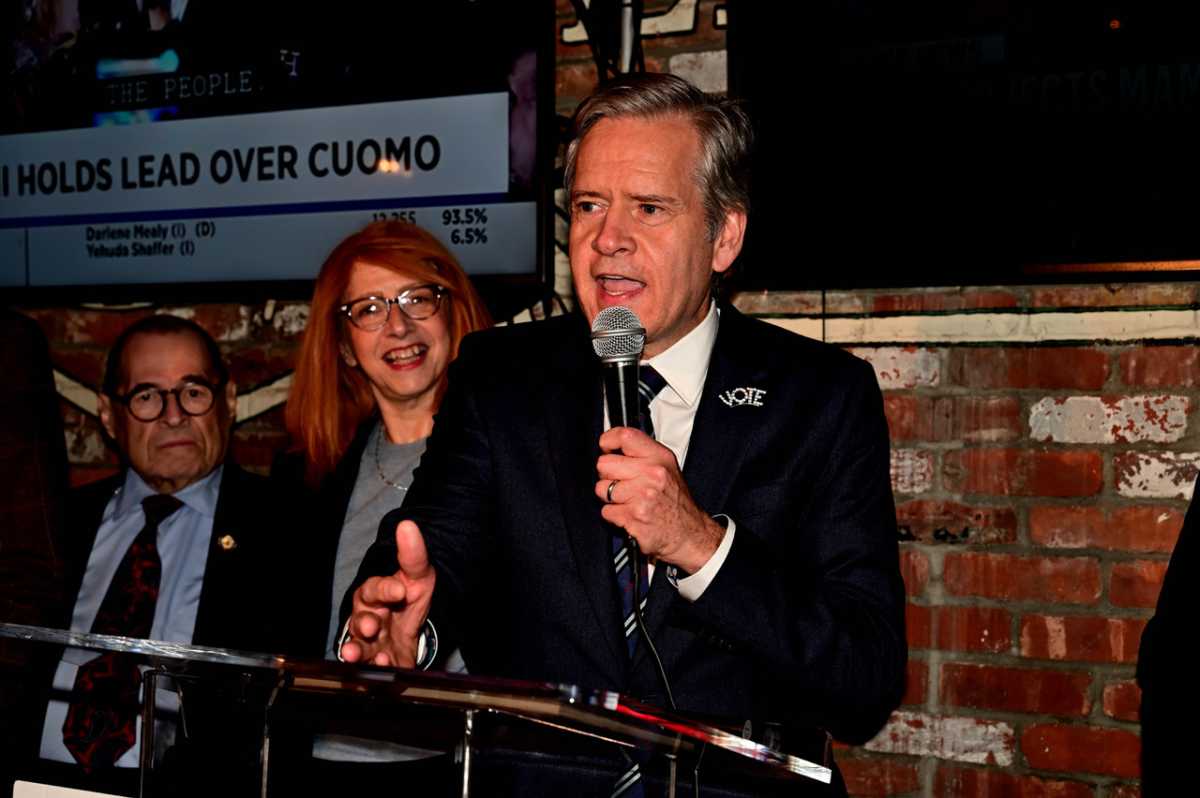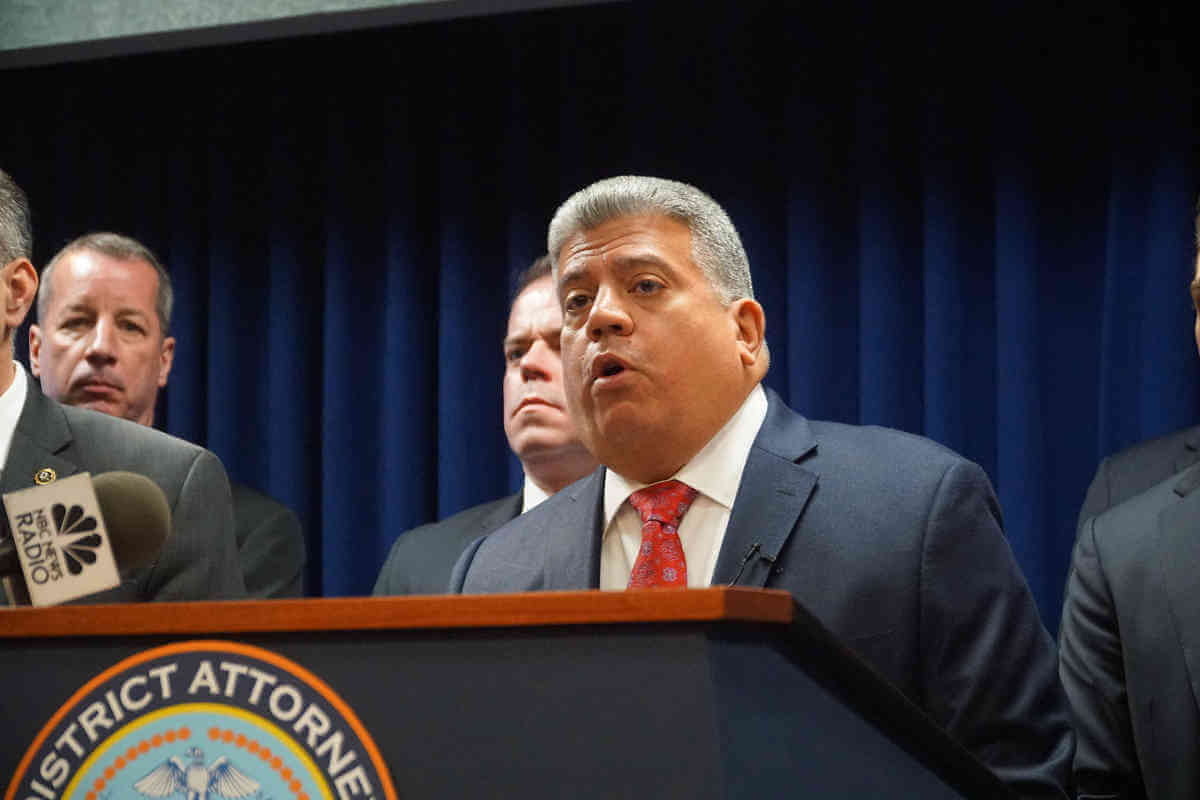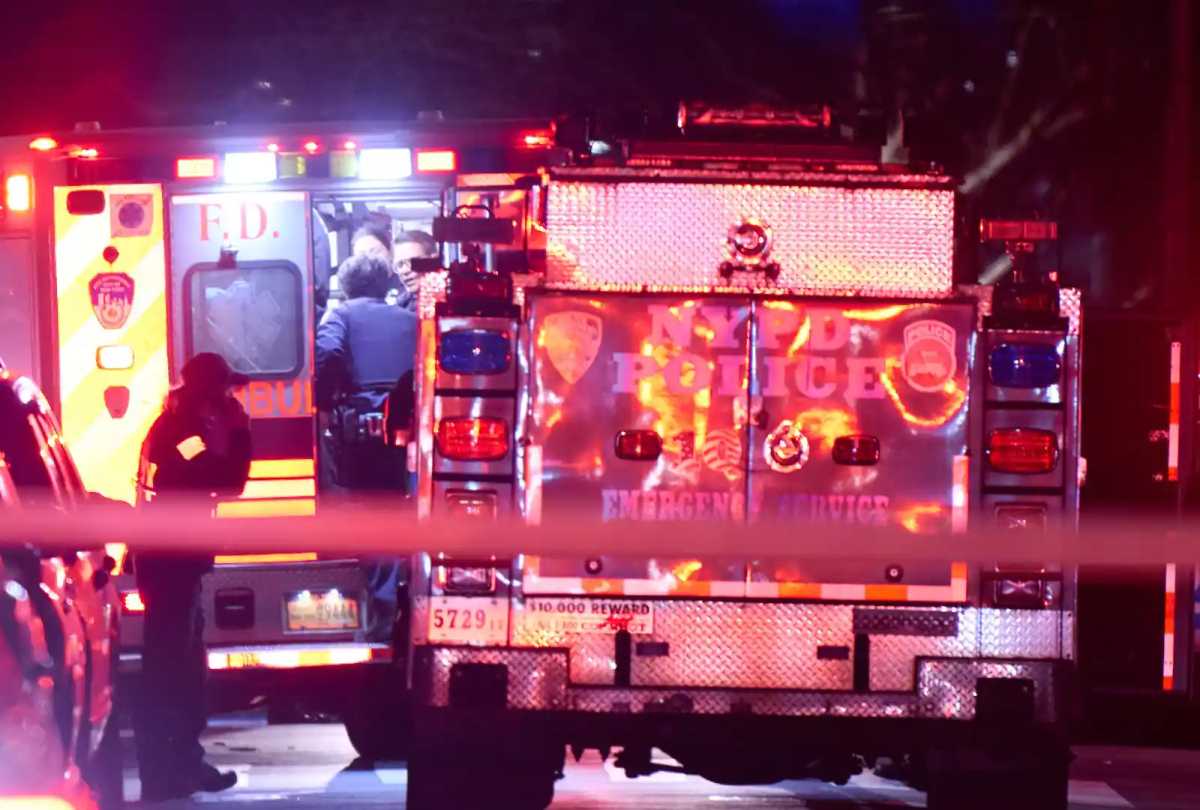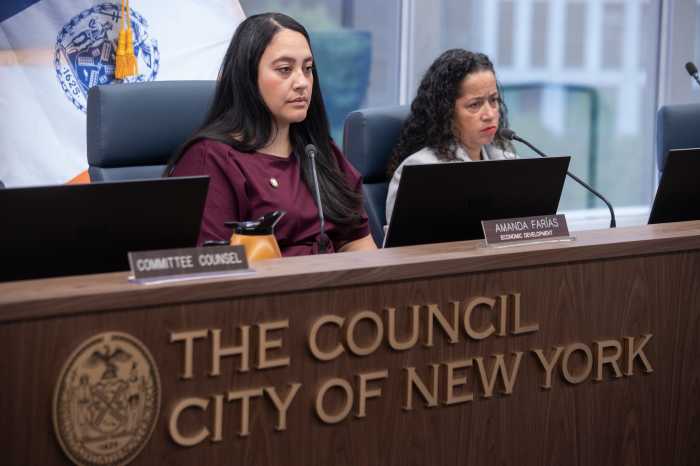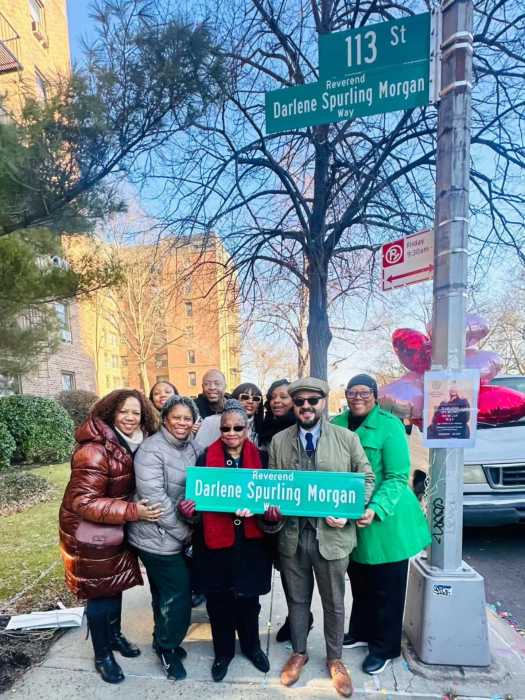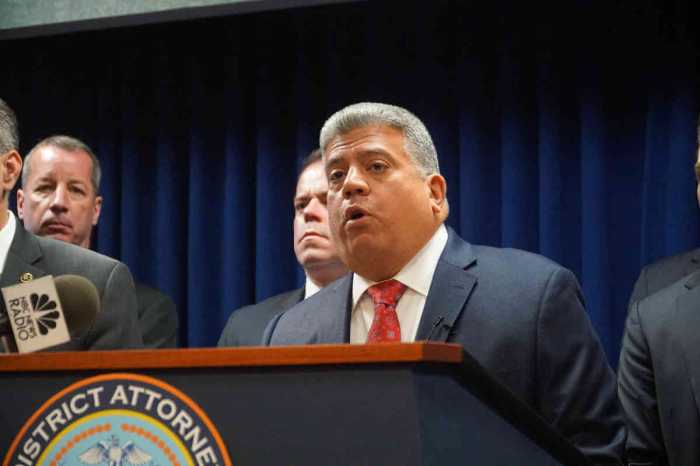I work in Washington, D.C. — the bustling, hyperpolitically charged epicenter of government.
According to the Census Bureau, the population of the nation’s capital is 47.1% black, 45.1% white and 38.6% non-Hispanic white. And the population has risen to a four-decade high of almost 700,000 people — a boom driven largely by an influx of white and wealthy residents. D.C. is becoming whiter, richer and younger.
Something else is happening in D.C. that leaves those of us who care about equality, racism, and the rule of law angry and depressed. It is also happening in NYC and other urban centers.
A disproportionate number of black people are arrested for minor violations, a practice known as “disparate arrests.” A five-year study by the American Civil Liberties Union in D.C. and a coalition called Open the Government looked at arrests between 2013 and 2017. Despite the near-even percentages of black and white residents in D.C., blacks accounted for 86% of total arrests. The arrests were for minor violations, including smoking marijuana in public and driving without a license. More alarming, the arrests were not limited to areas with high crime rates. The arrests happened all over the city. The data show what many have suspected about policing and bias.
In the bestseller “So You Want to Talk About Race,” writer and columnist Ijeoma Oluo spells it out.
“Just got pulled over for driving while Black. Here’s hoping I get out of it safely,” she tweeted in July 2015, along with the photo of the officer who pulled her over. “I’m not sure what’s worse, the fear and anxiety and fatigue brought on by yet another encounter with an officer that you are hoping and praying to make it out of intact, or the never-ending denial by the rest of society.”
America is confronting many divisive issues — from sexism to immigration, abortion rights to gun rights. We won’t fix any of them in a day. But if we begin to see the humanity or lack thereof today, and the need for honest conversation, we can chisel away at discrimination.
Reading data, understanding stories and making our voices heard are good steps. Electing minority candidates, holding politicians accountable and demanding fair policing are the next level of action.
And if we acknowledge that we are in this together, we make space to talk about race.
Tara D. Sonenshine, a former U.S. undersecretary of state, advises students at The George Washington University.
